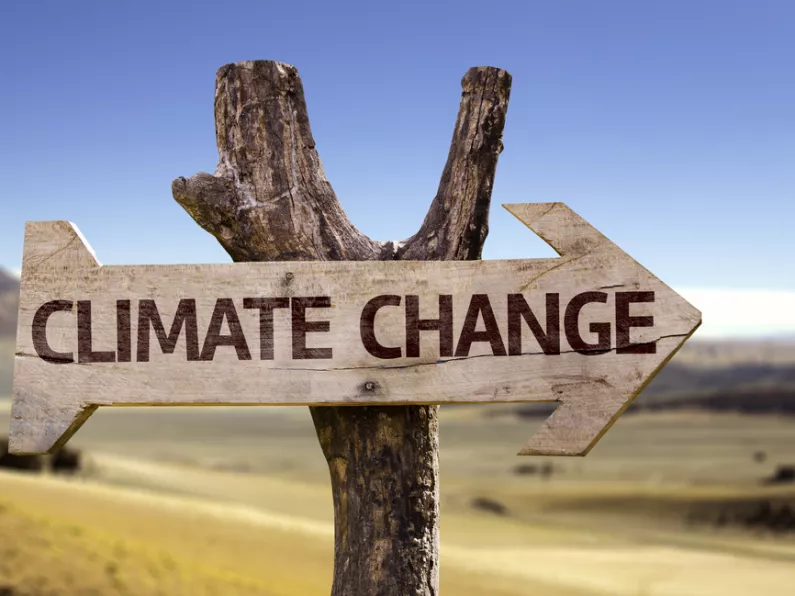Climate change poses an urgent threat to pregnant women and children.
This according to a Call for Action from the United Nations (UN) agencies ahead of the COP28 negotiations on climate change in Dubai.
According to the document– Protecting maternal, newborn and child health from the impacts of climate change – the effects of climate events on maternal and child health have been neglected, underreported and underestimated.
It highlights that very few countries’ climate change response plans mention maternal or child health, describing this as “a glaring omission and emblematic of the inadequate attention to the needs of women, newborns, and children in the climate change discourse”.
And it says pregnant women, babies and children face extreme health risks from climate catastrophes that warrant urgent attention.
Climate change an urgent threat to pregnant women and children
“Climate change poses an existential threat to all of us, but pregnant women, babies and children face some of the gravest consequences of all,” said Bruce Aylward, Assistant Director General for Universal Health Coverage, Life Course at the World Health Organization (WHO).
“Children’s futures need to be consciously protected, which means taking climate action now for the sake of their health and survival, while ensuring their unique needs are recognized in the climate response.”
The year 2023 has been marked by a series of devastating climate disasters. Wildfires, floods, heatwaves and droughts are displacing people, killing crops and livestock, and worsening air pollution.
An over-heating world is increasing the spread of deadly diseases like cholera, malaria and dengue, with dire consequences for pregnant women and children for whom these infections can be especially severe.
Harm can begin in the womb
Research shows that harm can begin even in the womb, leading to pregnancy-related complications, preterm birth, low birthweight and stillbirth.
For children, consequences can last a lifetime, affecting the development of their bodies and brains as they grow.
“Action on climate change often ignores that children’s bodies and minds are uniquely vulnerable to pollution, deadly diseases and extreme weather,” said UNICEF Deputy Executive Director for Programmes, Omar Abdi.
“We do this at our peril. The climate crisis is jeopardizing every child’s fundamental right to health and well-being. It is our collective responsibility to listen and put children at the centre of urgent climate action, beginning at COP28. This is the moment to finally put children on the climate change agenda.”
Call to action
The Call to Action highlights seven urgent actions to address these mounting risks. These include sustained reductions in greenhouse gas emissions and action on climate finance, alongside the specific inclusion of the needs of pregnant women, babies and children within climate and disaster-related policies.
The agencies also call for more research to better understand the impacts of climate change on maternal and child health.
“To find climate solutions that acknowledge the distinct health needs and vulnerabilities of women and girls we must start by asking the right questions,” said Diene Keita, the Deputy Executive Director for Programmes at UNFPA, the United Nations sexual and reproductive health agency. “Global climate solutions must support - not sacrifice - gender equality.”
The Call to Action was released by WHO, UNICEF and UNFPA, alongside an advocacy brief by the Partnership for Maternal, Newborn and Child Health (PMNCH).
The PMNCH advocacy brief reinforces the Call to Action by outlining specific recommendations for different stakeholders -including governments, global financing mechanisms, donors and foundations, private sector and civil society - for ensuring that the health needs of women, children and adolescents are better addressed in climate policies, financing, and programmes.
"Climate change is a major intergenerational injustice of our times. Safeguarding the health and rights of women, children, and adolescents is non-negotiable in the face of the climate crisis’’, said Rt Hon Helen Clark, PMNCH Board Chair and former Prime Minister of New Zealand.
